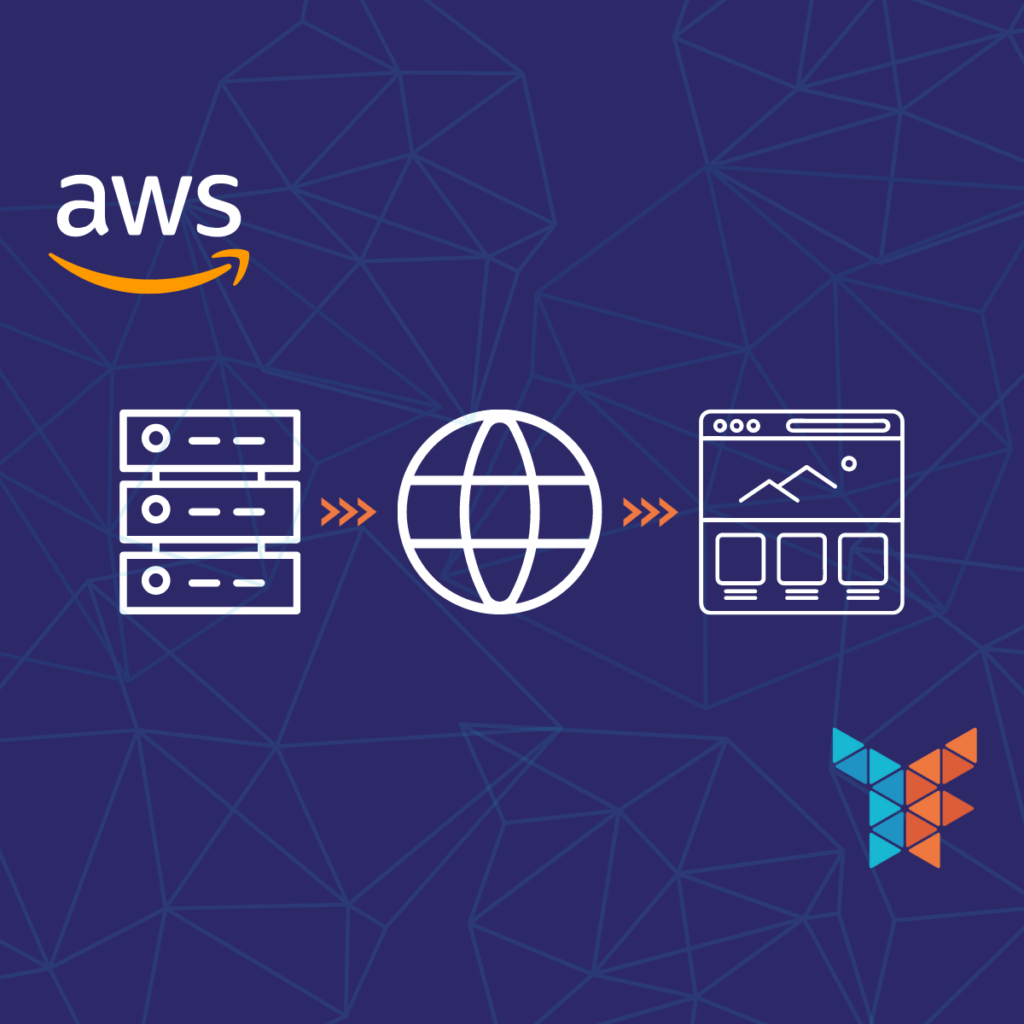7FACTOR NEWS
In the digital age, data management and organization are crucial to the success of any business. Amazon Elastic Container Services (ECS) offer a flexible and cost-effective solution for website administrators to store, analyze, and process data through virtual machines (VMs) and containers.
The Role of the Internet
The digital world is in a constant state of change and growth, and with it comes the new ways in which technology can be utilized. The internet is the core vessel in which humans utilize technology.
Most of us understand the internet as a nonphysical attachment with us at all times. Almost everyone you see has access to it on their person at any given moment. Some would be taken aback if they realized the internet itself takes up tangible space.
Because there needs to be something that is powering and generating the internet, there needs to also be enough storage in it to hold all the data and computations. Therefore, things like websites and web applications also have a physical space dedicated to storing the files needed to run them. Any time you access a website, your device is calling on the server where that website is stored.
What is AWS?
This is where tools like Amazon Web Services, or AWS, come into play. AWS allows access to a wide variety of tools to help website administrators understand, store, analyze, and process the data that they’re trying to output. These admins can do this through the use of virtual machines, VMs.
VMs are virtual operating systems within an existing system, smaller systems processing information and functions so that the larger systems don’t have to dedicate as much effort to it. AWS helps keep all this functionality and data safely stored within their own data centers. This system is utilized heavily in Amazon’s ECS system.
What is ECS?
Elastic Container Services are used to help manage applications that run within containers, these are even smaller sections of VMs that are cheaper to obtain and maintain than other methods of running applications. ECS helps you control how to build and access your containers and manage the functions allowed to be performed against them.
These AWS services provide many ways to organize your web applications making it easier to access information, analyze data, and resolve issues. With better organized services, delegation becomes easier for business units to find the information that is more relevant to them.
How does ECS work?
There are two different ways that ECS allows you to run your containers: EC2 and Fargate. Fargate doesn’t use any servers, and is more optimized for smaller-scale work and for converting larger-scale work into smaller-scale work. EC2, or Elastic Compute Cloud, is meant to be used for work that needs to use a larger steady amount of memory to function, and for better direct access to your direct storage.
Having access to both types of work management in the same system makes ECS an amazing tool for running cloud compute operations. It accounts for so many possibilities of situations where you would need to access and manipulate your data.
ECS lets you schedule with your information you store in it. Designated users can set up and display the information from your containers into smaller pieces so that it can be broken down further, processing a lot of smaller functions to work towards one larger function, as opposed to a single source processing all of the information at once on its own. Scheduling with this means that you can designate the amount of RAM or CPU you want the function to have while processing.
With ECS you can assign different containers with different tasks. Defining a task to a container means you’re able to group other containers together so that all containers with the same task can be run under the same instance.
More on ECS
A unique feature is that you can build on the features that are already there. Within the system, there are permissions that allow programmers to add on additional clusters and containers using APIs (Application Programming Interfaces). So even using a system that’s already been developed, you have the freedom to extend the program to account for features that you want to have access to simply by creating or importing the code to do so on your own!
ECS is also safer than typical information storing services. Not because the data is spread across different sources, but rather because of the way that AWS operates its system. Amazon has built its system to be as secure as possible, optimizing it even in the cloud. They’ve made sure to extend the services of AWS into ECS as a core feature, to give you most, if not all, of the benefits of both.
How We Use ECS
As a general standard, 7Factor uses ECS to deploy all of its containers whenever possible. If the job can be done using just ECS, it’s more effective than using a more complicated system.
If clients use Kubernetes instead, we are capable of working in Kubernetes as well, but usually, ECS is capable of handling all of our storing needs. ECS solves similar problems to what Kubernetes does, just in simpler methods, and sometimes the simplest method is the best method.
Working Towards the Future
Overall, ECS is a fantastic tool that offers an array of utilities to help you organize and manage your digital information. You can customize your experience to get exactly what you need while also saving money compared to other services.
It is crucial to align your websites and data information to the current standard in order to obtain optimal security and efficiency. The more up-to-date you stay on relevant resources, the easier it is to integrate yourself into the next set of resources that gets developed.

